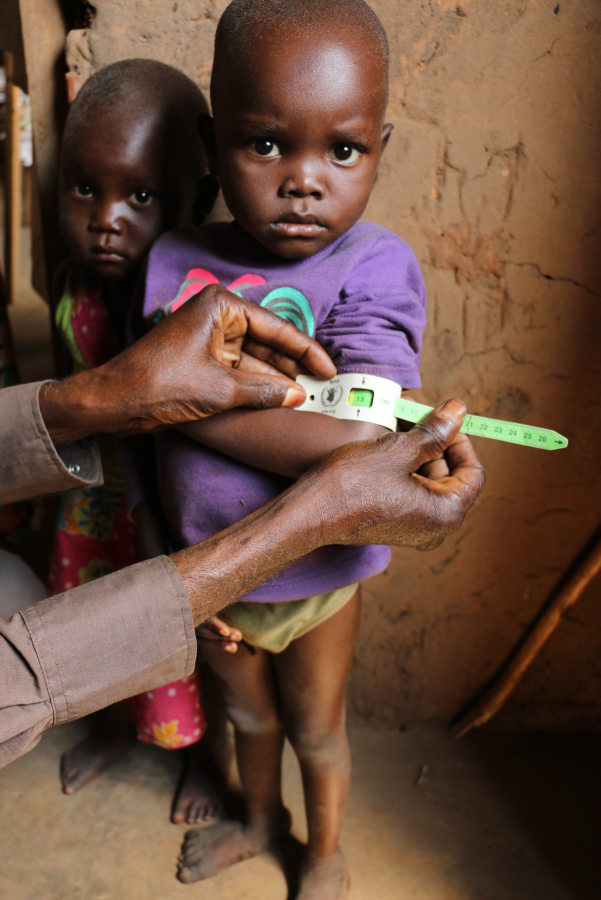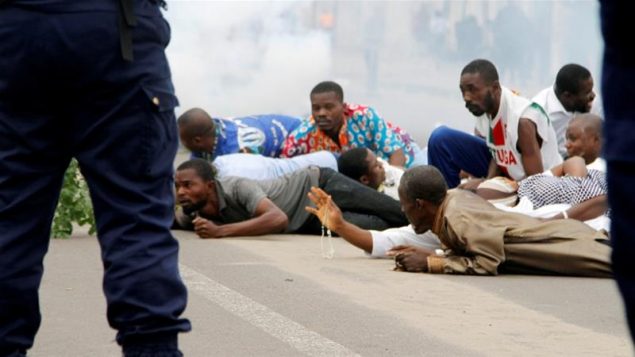The World Food Program is trying to alert the global community to the looming disaster in the Democratic Republic of Congo.
The WFP has been monitoring the situation and providing relief for over two decades now, but in a recent report, in which they state that 124 million people in 51 countries are experiencing high levels of food insecurity, the DRC is identified as one of the most challenged.
Massive food insecurity due to the ongoing violence is threatening two million children according to the UN.
Claude Jibidar, the WFP’s country director for DRC says the country was ravaged by the recent El Nino conditions and now faces both drought and infestation.
ListenArmy worms have devastated thousands of hectares of maize and rice crops.
And Jibidar says the violence and instability of the last twenty years has escalated in the last 18 months, particularly in the eastern region of the country.
“As of today we do have some 4.5 million people who are displaced within DRC … we also have a large number of Congolese who are fleeing the country and going into the neighbouring countries and this is creating quite a serious humanitarian situation.”

Democratic Republic of Congo, WFP activities for internally displaced people in Mutefu, Kasai province. (WFP/Jacques David)
Ethnic conflicts and protests against leader Joseph Kabila have left the country, one of the largest in Africa, in deepening chaos.
Elections were supposed to be held in 2016, then 2017, and now there is one scheduled for December 23, 2018, but ongoing clashes and civil unrest leave it in doubt.
The biggest problem currently in the DRC, according to Jibidar, is the massive displacement of farmers.
“The problem of food security in the DRC can be addressed very quickly if there was stability: if those millions of people could stay in their villages, if they could plant, if their livelihood could be rehabilitated,” Jibidar says.
He says it can done, and the people of the DRC are tired of the conflicts.
He acknowledges a decline in funding due to donor fatigue.
“Donor countries do not see an end, an immediate end to a humanitarian problem, but I also believe that there has been political instability which we hope will be addressed through the coming elections so that the people of DRC can go back to some sort of normalcy.”
“What we need, primarily at this moment, is really timely support… in DRC, but also in some of the other neighbouring countries, these are fertile countries, these are countries that can produce.” according to Jibidar.







For reasons beyond our control, and for an undetermined period of time, our comment section is now closed. However, our social networks remain open to your contributions.